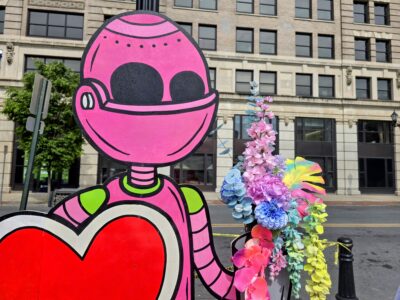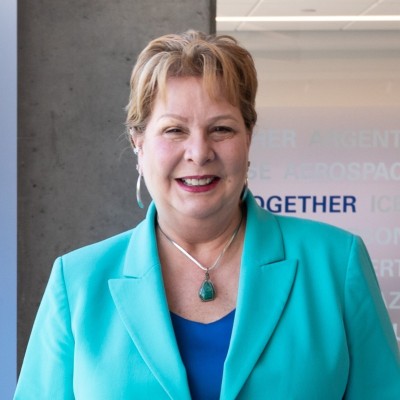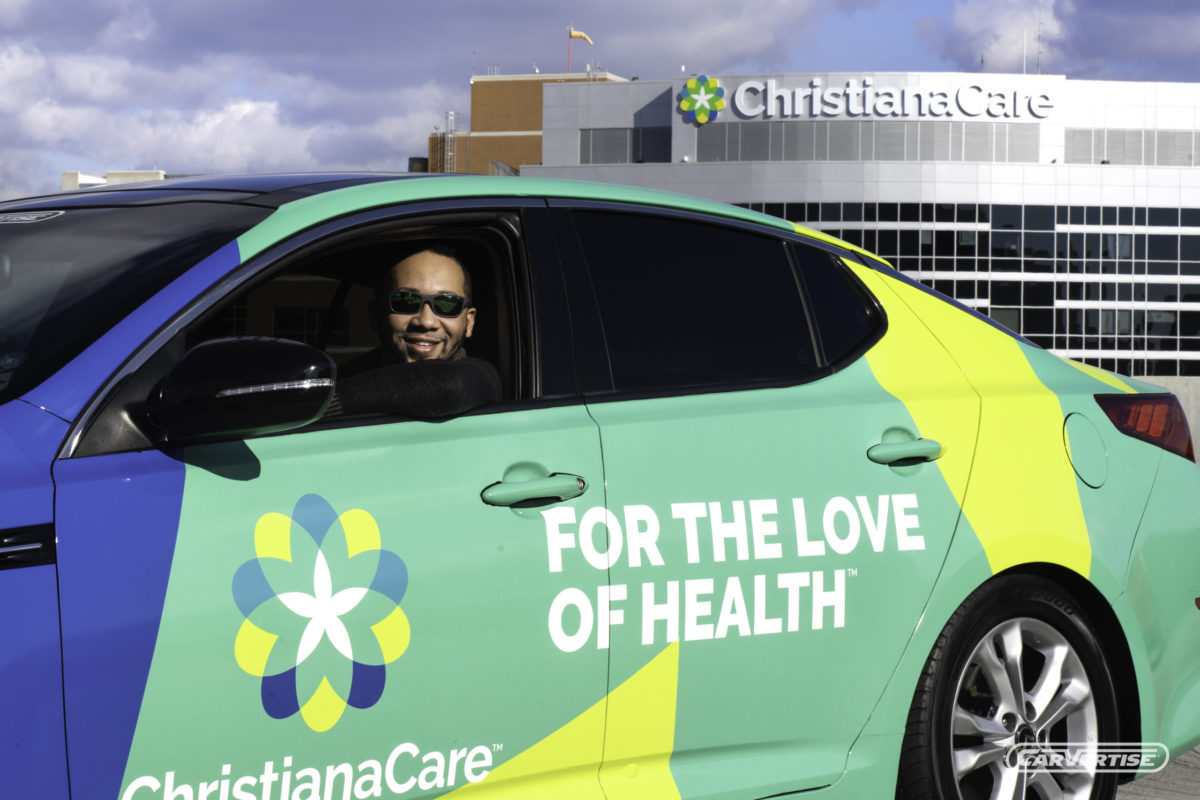You’re an emergency medical technician, the first to respond to a massive interstate pileup.
Pulling into the scene of the accident, you find a trailer laying on its side. As you rush into the wreckage, you soon realize you’re vastly outnumbered by injured drivers in need of assistance.
Normally, the majority of an EMT’s time is spent jotting down personal information of patients. That’s valuable time that can be better spent getting patients where they need to be.
It’s time that young entrepreneurs Sean Carey and Matt Paul hope to give back.
Carey, a recent University of Delaware graduate, and Paul, who will graduate from UD in the fall, have developed a system they call Loop. It’s a wrist band stored with personal medical data and custom-developed software that reads that information wirelessly using near-field communication technology.
In the ideal situation, a patient would already be wearing a wrist band when emergency responders arrive. The EMS worker would then be able to access their information from an Android device and cut out time otherwise used to record that information with a pen and pad.
“We’re not the first to come up with the idea of a medical ID bracelet,” said Paul, a programmer and active firefighter and EMT in Newark. “But we are talking about making it faster and more efficient.”
The two admit that the biggest barrier will be getting people to wear them all the time. Instead, Carey and Paul are searching for ways to build their system around the notion that Loop should be a useful time-saving tool for EMS workers whether patients are wearing bands or not.
“Right now we really want to solidify how valid our idea is. We have to do a lot of customer discovery research,” said Carey, who has been in the Wilmington startup mix for a few years — in college, he interned for both USEED and Carvertise. “The more positions I got working for other people, the less I wanted to do it.”
Loop was actually conceived at UD’s Healthcare Hackathon two months ago. A month after conception, Carey and Paul demoed their system at the Horn Program’s spring pitch competition. The founders are the first to admit it still has a long way to go.
“We want to make sure our idea is credible and whether we need to pivot or not,” said Carey. “The whole summer will be dedicated to that.”
Join the conversation!
Find news, events, jobs and people who share your interests on Technical.ly's open community Slack

Meet the artist behind the robots you’re seeing take over Wilmington

This Week in Jobs: Get out there with 22 new job opportunities available to you!

'Be bold': This digital innovation and business strategist urges fellow women leaders to be their authentic selves


